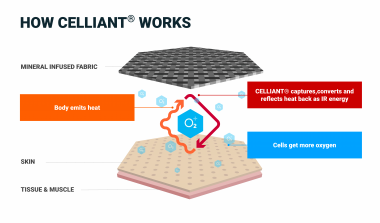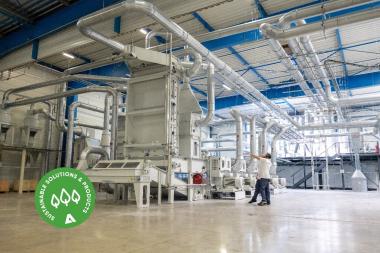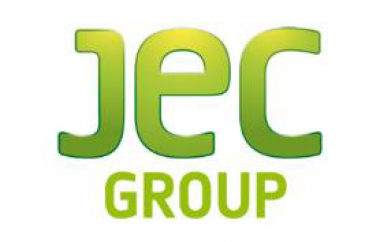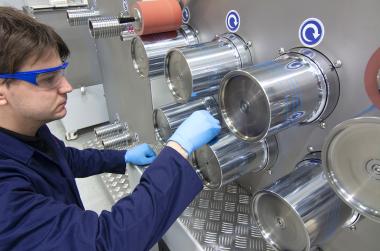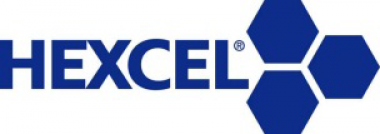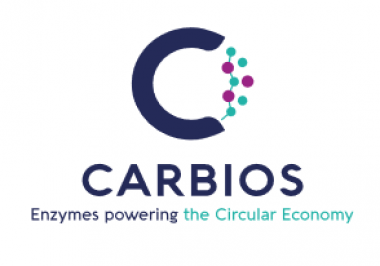Freudenberg Performance Materials Apparel: Rooftop photovoltaic coverage at Nantong
Freudenberg recently completed the installation of 13,000m2 of photovoltaic cells on the roof of its new Nantong factory. With a total capacity of 1.6 MW, the new rooftop installation is projected to produce 1.5 million kWh of green electricity each year. In addition to reduced energy consumption from the grid, this new installation will lower CO2 emissions by approximately 1,200 tons/year.
Beyond the photovoltaic installation, Freudenberg has integrated sustainability into the Nantong factory’s design, with advances in energy conservation and emissions and loss reduction.
The factory uses valley voltage to cool water in its reservoir that is applied to A/C and machine temperature management during working hours. The new waste gas treatment technology enables hot water collected by heat exchangers to be directly reused in production, thereby reducing thermal energy waste. Furthermore, the factory applies a new multi-phase waste gas treatment technology to reduce volatile organic compounds (VOC) emissions. The factory has also incorporated new methods to improve the A-grade rates of bi-elastic interlinings and shirt interlinings, further reducing waste while improving garment quality.
As part of the Group’s sustainable development strategy, Freudenberg Apparel has also launched its House of Sustainability to minimize the impact of production processes on the environment and help customers achieve their sustainability goals, with responsible products across the seasons.
Freudenberg Performance Apparel








